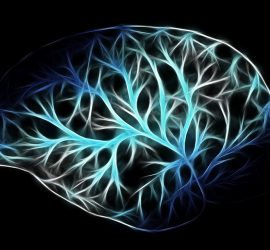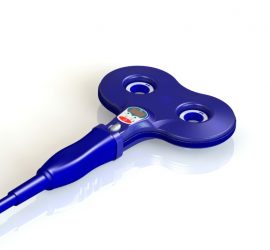Are you reliably excitable?
Studies on motor impairments sometimes involve electrophysiological measures to assess the effects of therapeutic interventions. For example, to determine the effect of an exercise program on brain function/excitability, a researcher might measure muscle responses elicited by non-invasive, magnetic stimulation of the brain (transcranial magnetic stimulation). When researchers plan their studies […]



